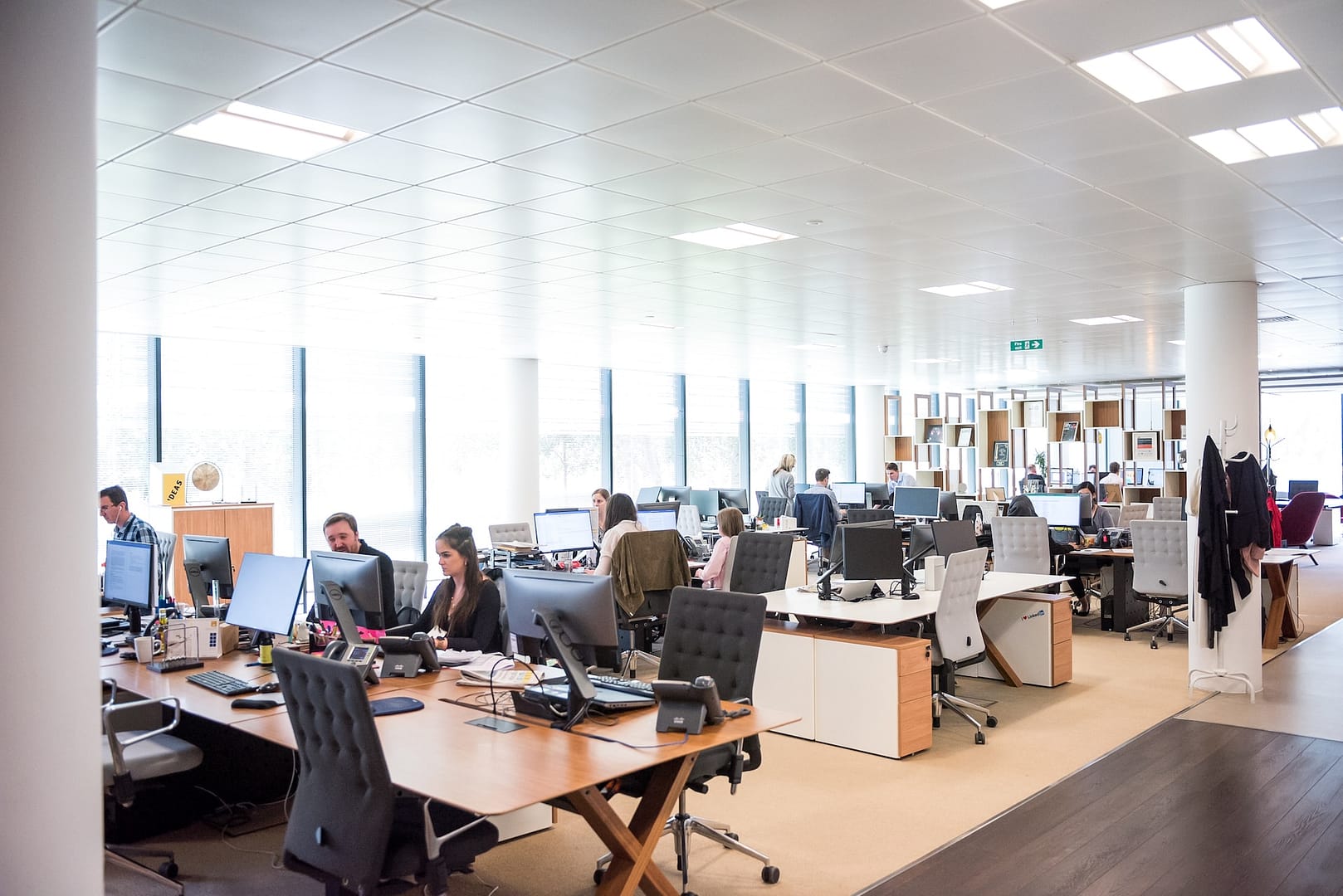Have you ever found yourself yawning uncontrollably during a Monday morning meeting, wondering why the weekend seemed like a distant memory? Many of us have been there, and it’s not just a sign of a fun-filled weekend; it might be a subtle indication of a deeper issue – the delicate balance between work and life.
The Connection Between Work-Life Balance and Alertness
The Influence of Work-Life Balance on Employee Alertness and Safety is a critical aspect of the modern workplace that often goes unnoticed. In the hustle and bustle of our daily lives, the impact of how we manage our professional and personal spheres can significantly affect our ability to stay alert and, consequently, our safety on the job.
We all know that feeling of dragging ourselves out of bed after a sleepless night or a weekend that felt more like a marathon than a break. But did you ever stop to think about how these factors could be influencing your alertness and safety at work?
The Sleep-Deprivation Dilemma
Picture this: You stayed up late working on a project, and your morning alarm goes off just a few hours later. As you drag yourself into the office, your alertness is far from its peak. Now, imagine being in a safety-sensitive job, where one moment of inattention can lead to serious consequences.
Sleep deprivation, often a consequence of a poor work-life balance, is a pervasive issue that affects millions of workers daily. According to a study from the UK, individuals who consistently fail to get an adequate amount of sleep are at a higher risk of workplace accidents. Fatigue impairs cognitive function, slows reaction times, and can lead to poor decision-making – a dangerous cocktail in any work environment.
The Domino Effect on Workplace Safety
So, how does this lack of alertness caused by an imbalance between work and life spill over into the broader spectrum of workplace safety?
Mental Health Matters
It’s essential to recognise that work-life balance isn’t just about the quantity of sleep but also the quality of mental well-being. When employees are burdened with excessive work hours and constant stress, their mental health takes a hit. Anxiety and burnout become unwelcome companions, leading to decreased focus and increased susceptibility to accidents.
To put it simply, a stressed and fatigued mind is more likely to overlook crucial details and make errors. In high-risk industries such as manufacturing or healthcare, where precision and attention to detail are paramount, the consequences of a momentary lapse in focus can be severe.
The Ripple Effect on Alertness
The influence of work-life balance on alertness is like a ripple effect, extending beyond individual well-being to impact the entire workplace. When one person struggles to find equilibrium, it affects team dynamics and, subsequently, the overall safety culture.
Consider a scenario where a team member is consistently overworked and fatigued. Their colleagues might need to compensate for their reduced alertness, creating an environment where everyone is at risk. A workplace with an undercurrent of stress and exhaustion is far more likely to experience safety incidents than one where employees are well-rested and mentally resilient.
Nurturing a Culture of Safety Through Work-Life Balance
Understanding the influence of work-life balance on employee alertness and safety is the first step toward creating a safer workplace. It’s not just a matter of ticking boxes on a safety checklist; it’s about fostering a culture that prioritises the well-being of its workforce.
Flexible Working Arrangements
One way organisations can address this issue is by offering flexible working arrangements. Allowing employees to have control over their schedules enables them to better balance their professional and personal lives. It’s a win-win situation – employees get the flexibility they need, and organisations benefit from a workforce that is more alert and engaged.
Clear Communication
Another crucial aspect is clear communication. Employers should openly discuss the importance of work-life balance and encourage employees to voice concerns about excessive workload or stress. When the lines of communication are open, it becomes easier to identify potential issues and implement solutions proactively.
Training and Awareness Programs
Organisations can also implement training and awareness programs that emphasise the connection between work-life balance, alertness, and safety. By educating employees about the potential risks associated with fatigue and stress, companies empower their workforce to take responsibility for their well-being.
Making an Accident at Work Claim with National Claims
At National Claims, we understand the profound impact of workplace accidents on individuals and their families. If you’ve experienced an incident due to factors like fatigue or stress, our team of experts is here to guide you through the process of making an accident at work claim. We believe in advocating for the rights of employees and ensuring they receive the compensation they deserve.
Our experienced team will carefully assess the circumstances surrounding your incident, taking into account the influence of work-life balance on your alertness and safety. We are committed to providing personalised support, recognizing the unique challenges individuals face when navigating the aftermath of a workplace accident.
Contact National Claims today to discuss your case and learn more about how we can help you secure the compensation you need to move forward.

Conclusion
In conclusion, the influence of work-life balance on employee alertness and safety is a topic that demands attention in today’s fast-paced work environment. It’s not just about ticking off boxes on a safety checklist; it’s about recognising the interconnectedness of personal well-being and workplace safety.
As we navigate the intricacies of modern work, let’s not forget that a well-rested and mentally resilient workforce is a safer workforce. By prioritising work-life balance, organisations can create a workplace where employees thrive, alertness is at its peak, and safety is a collective responsibility.
So, the next time you feel the weight of fatigue dragging you down, remember – it’s not just about getting through the day; it’s about ensuring a safer and more secure workplace for everyone. And if you find yourself in the unfortunate situation of a workplace accident, National Claims is here to support you on your journey to recovery.
Find out more about starting a claim by getting in contact with us and speak to one of our claims specialists today.
Click below to see why we are one of the most trusted claims management companies in the UK.

We’re proud of our excellent customer reviews
We thrive on delivering exceptional service and ensuring our clients’ satisfaction. Don’t just take our word for it. Check out some of our independent reviews to see what our clients have to say.
Excellent

This firm is excellent, they sorted out my car pay out and injury claim very fast, they always communicate with you all the time.

My accident case was dealt with confidence and with great result of the outcome, especially James kept me informed all the time.

I was very impressed at the way my inquiry was treated. I was listened to attentively and everything I needed to know was explained to me.






